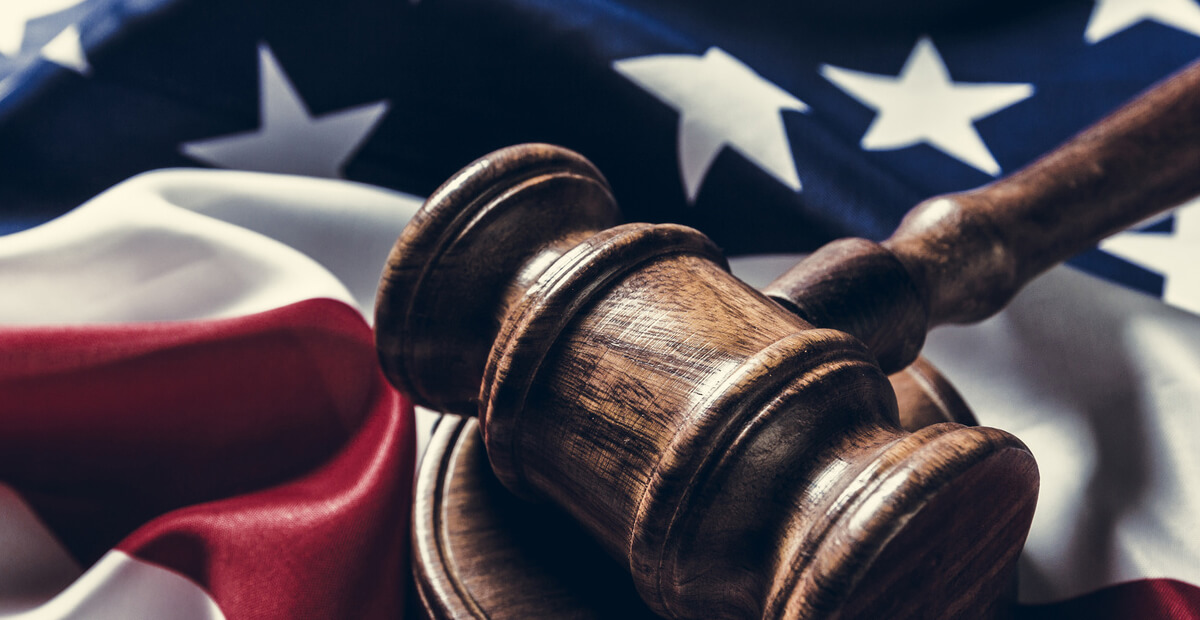Legal permanent residence status is obtained generally via family or employer sponsorship. One of the key aspects of maintaining a green card is maintaining an existing “intent” to permanently reside in the United States. This is the issue that comes up with green card holders who move abroad. If the DHS has reason to believe an individual does not have this intention then they can bring proceedings against the individual to remove their green card. The law and policy is summarized by the USCIS as follows:
- Permanent Resident Cards become technically invalid for reentry into the United States if the holder is absent from the United States for 1 year or more.
- U.S. permanent residence status maybe considered as abandoned for absences shorter than 1 year if the green card holder takes up residence in another country.
The first point is a technical point, if one is out of the country for a year or more than their actual green card is no longer valid for entry for entry. This issue is raised at a Port of Entry to the United States by Customs and Border Protection. It can be waived at entry but the CBP rarely allow that, instead they follow a “hawkish” approach to individuals with absences of a year or longer. It should be noted that legal permanent resident status is protected by law and must be removed by legal proceedings.
The second point is where individuals can potentially incur CBP scrutiny through a period of prolonged absences from the United States. For example if an individual comes into the US once a year for five years just to maintain their green card this ground was created to question that individual’s intent to reside in the US despite the fact that they were technically compliant.
Certain key actions can automatically raise a question of the green card holder’s intent if they leave the United States, specifically:
- Clear manifesting an intent of permanently residing in another country (i.e. applying for long term status in that country);
- Green card holders must file US taxes on their global income, and they must file the taxes as resident for tax purposes, failure to file resident tax returns can be seen as an intentional abandonment of status;
- Making statements to CBP or the DHS that do not support that the green card holder’s trips abroad are temporary.
Accordingly, green card holders who move abroad temporarily must be diligent in maintaining ties to the United States and take proactive steps to protect their green card. It is important that they realize they are jeopardizing their status by extended time abroad. Just returning to the United States once a year will eventually draw the ire of the CBP and the green card holder can expect to receive progressively more intrusive and sustained questioning upon entry to the United States. Steps that green card holders who live abroad could take to protect their status include the following:
- Travel with evidence of why your trip outside of the US is temporary – temporary job offer; extended care for a family member; explanations for delays etc.
- Continue to file US Income taxes;
- Maintain a residence in the US;
- Be diligent in not spending 365 days outside of the United States;
- Register with the Selective Service is required;
- Updating their home address with the USCIS via form AR-11;
- Obtain a Re-Entry Permit:
- Re-Entry Permit’s protect a green card holder’s status for two years upon approval. Although not a guarantee of entry, the re-entry permit is excellent evidence to present to CBP that the individual’s absence abroad is temporary. Re-Entry Permits can be renewed depending on the circumstances that the individual faces. Re-Entry Permits must be applied for in person in the US, and the individual should expect to return for the biometrics appointments. Having the USCIS receipt notice as evidence of the application is good evidence to demonstrate to the USCIS.
- Been out of the country for a year or longer?
- The safest route is to apply for an SB-1 immigrant visa at your local U.S. Embassy to avoid issues entering the country.
Covid-19 has affected international travel substantially. We still haven’t seen large scale revocation actions against green card holders who have been abroad for longer than a year but the risk remains. It would be prudent for green card holders to have evidence of covid-19 restrictions on entry.
Lastly, should an individual face potentially denial of entry to the United States for circumstances beyond their control they can apply for a returning resident special immigrant visa to ensure they can enter the US.
Tully Rinckey is able to assist people and organizations world-wide with domestic and international immigration matters. Attorney Michael Freestone is well versed in representing large corporations and is able to navigate complex immigration issues and analyze the facts and recommend the best course of action.






